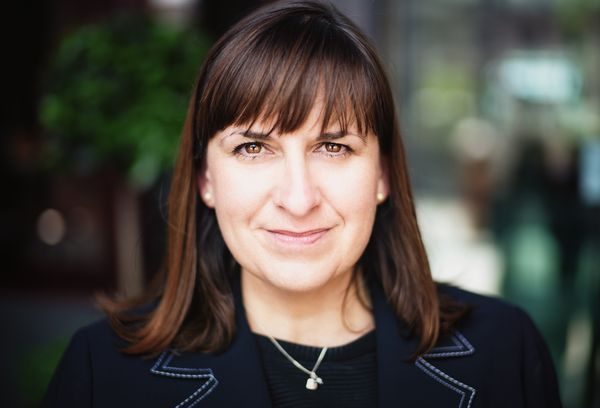
Your Voice: Europe’s fundraising sector needs a collective voice
December 8, 2016
How to minimise risk when innovating
February 8, 2017Innovation isn’t always about the latest technology or invention. It’s just as important that the sector innovates at a cultural level. Sarah Carter, Head of Leadership at HOME Fundraising and Co-Founder of Wisdom Fish, talks about the importance of having the right organisational culture to support innovation and the power of mindfulness in fundraising.
We’re just a few weeks into 2017 and yet the fundraising industry already seems to be advancing rapidly with new innovations popping up all around us (from contactless payment systems to Oxfam’s supporter care app). These advances are part and parcel of what makes the fundraising sector such an exciting place to work.
But let’s not forget that innovation isn’t always about technological developments or the latest invention. It’s just as important (perhaps even more so) that we’re innovative in the way that we approach our work and our behaviours within our organisational culture. And, of course, without a healthy culture, innovation just can’t happen. Imagine, for example, trying to innovate within a culture of fear or dictatorship. Innovation can only happen successfully if the foundations are there.
Alongside many of the biggest and most innovative corporate brands from Google to Apple, charities are increasingly turning to mindfulness techniques to improve organisational cultures and performance. It’s an age-old discipline that is helping individuals and organisations cope more effectively with modern-day challenges and, for fundraisers in the current challenging climate, it can be particularly powerful.
Why mindfulness?
Ultimately, mindfulness is about increasing awareness of ourselves and our impact on those around us. Evidence shows it increases resilience, emotional intelligence and communication; all key attributes for good fundraising. It also enables us to become better listeners, to be more in-tune with our own emotional responses, urges, habits and behaviours, helping us to consider more appropriate and skilful responses rather than simply reacting to events.
For me, the best way to think about mindfulness is as a preparation tool, helping bring about the best frame of mind for self-aware action; whether that is planning, talking, thinking or doing. An ancient practice.
Mindfulness in fundraising
If you think about conversations with potential supporters, all sorts of things can come into play if the wrong intention is sitting behind an ask. A fundraiser may be worried about meeting their targets or driven by the instant gratification of getting someone to give. These subconscious messages often come through.
With increased self-awareness, fundraisers are better equipped to act in line with their own individual and organisational values. It helps people stay calm – not to push for an answer in any direction, but to really actively listen and trust that the best parts of us will come through. Shifting the emphasis from the outcomes of an isolated conversation to how it all fits with the bigger picture.
Putting it into practice
Like anything else, mindfulness needs practice. One of the best known tools for mindfulness is meditation and I have to confess that this doesn’t come naturally to me. I tried some sessions, but frankly I was impatient for something to happen. I expected it to be an immediate life-changing moment and of course it wasn’t. I’ve since realised that the trick is to avoid focusing on the results.
To give meditation a try, sit quietly and simply observe your thoughts, don’t try and fix or change them, (although for a goal-oriented person like myself, this can be easier said than done). Just start with a short period of time and work up from there.
You might want to give it a try the next time you’re facing an important decision, meeting or want to think creatively about a new campaign or fundraising approach.
But, if meditation isn’t for you, there are other techniques to try like writing reflective journals or generally focusing on minimising the background noise in your mind to become more awake to the present – what is happening now. There are plenty of resources and apps online to help you get started – though nothing has quite the same effect as working with another human being on developing your practice.
Of course, the greatest benefits are seen when mindfulness is integrated into the corporate culture where it can have a multiplying effect, impacting not only those who practice but those around them, creating a more self-aware, mature, reflective workspace.
This has led to some charities offering regular mindfulness groups or meditation sessions, while others incorporate the approach as part of leadership development programmes. But, on the whole, mindfulness in the charity sector workplace is something of a rarity.
It is arguably even more important that we innovate at a cultural level and develop the best possible framework to nurture innovation and creativity in the workplace than it is that we innovate at a campaign level.
With some of the world’s leading universities incorporating mindfulness into their business degrees, innovative companies making it part of their culture and the potential to develop more emotionally intelligent, responsive and resilient fundraisers, isn’t it about time that the sector took mindfulness in the workplace a little more seriously?
About Sarah Carter
Sarah Carter is Head of Leadership at HOME Fundraising and Co-Founder of Wisdom Fish, a consultancy aimed at transforming individuals and organisational cultures.



